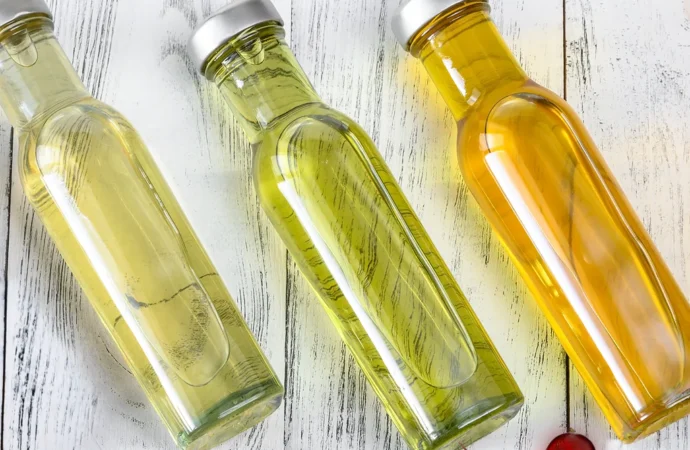Key Development
As coconut oil prices soar, many consumers are shifting to alternatives like sunflower oil and palm oil. However, nutrition experts caution against abandoning coconut oil entirely, given its unique health benefits and cooking stability. Despite its high saturated fat content, coconut oil is highly resistant to oxidation, making it a reliable choice for high-heat cooking. It retains its beneficial properties even at elevated temperatures. A key component of coconut oil is lauric acid—a compound also found in breast milk, which supports digestion, strengthens the immune system, and helps protect vital organs. Importantly, lauric acid remains stable when heated.
Caution Advised with Sunflower and Palm Oils
Sunflower oil, though widely used, breaks down under high heat. Its unsaturated fats degrade, producing aldehydes and free radicals that may contribute to health issues. While palm oil also tolerates high temperatures well, it contains long-chain palmitic acid, a saturated fat associated with an increased risk of heart disease.
Olive Oil: Best Used Cold
Olive oil remains a heart-healthy option, but it is best consumed without heating. Exposure to heat, light, or air can alter its chemical structure. Once opened, olive oil should be stored properly and used promptly to maintain its nutritional quality. In summary, while alternative oils may offer affordability or popularity, coconut oil remains one of the most heat-stable and health-supportive options when used correctly in cooking.
Source: Mathrubhumi
 Food Manifest
Food Manifest 


















